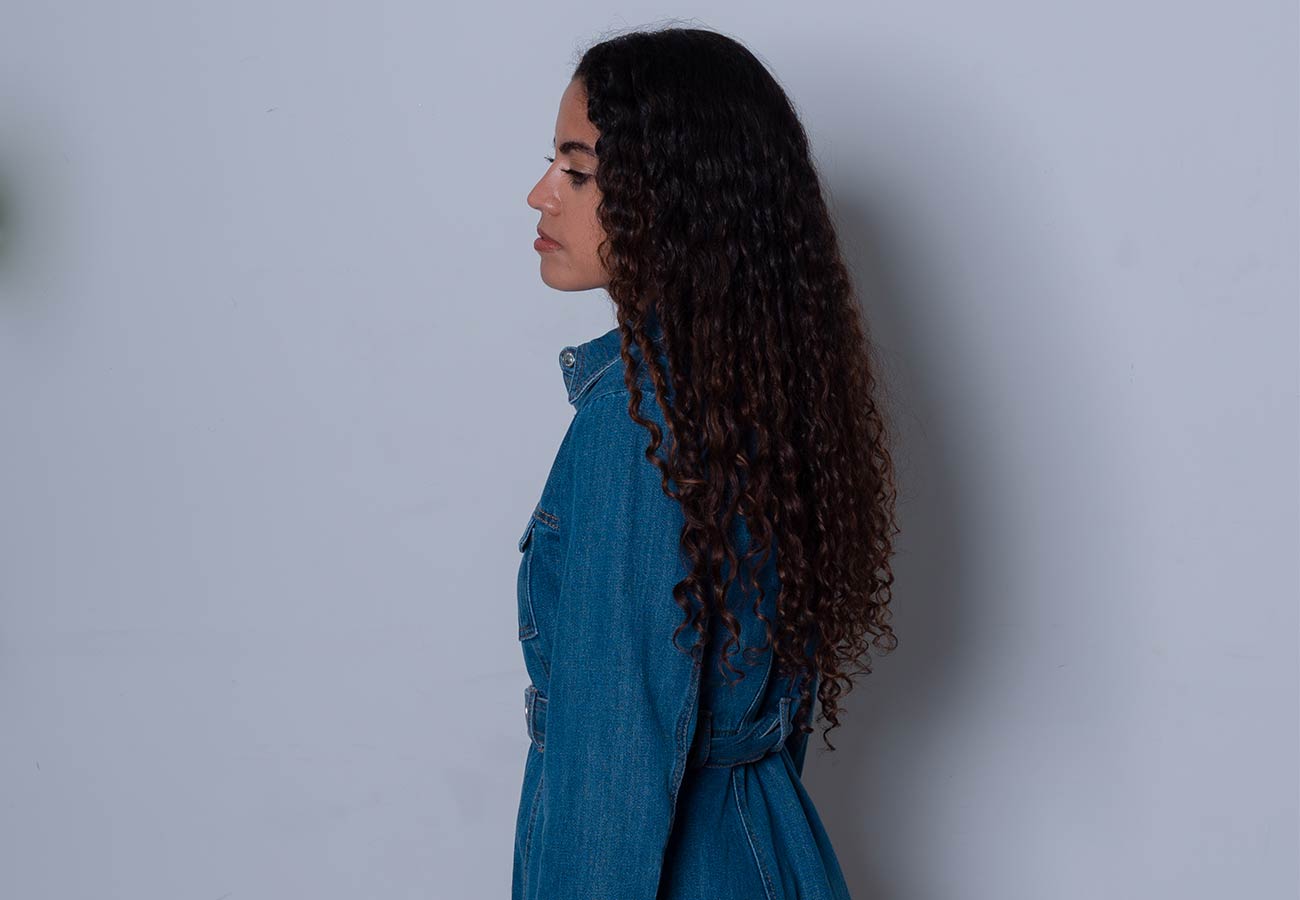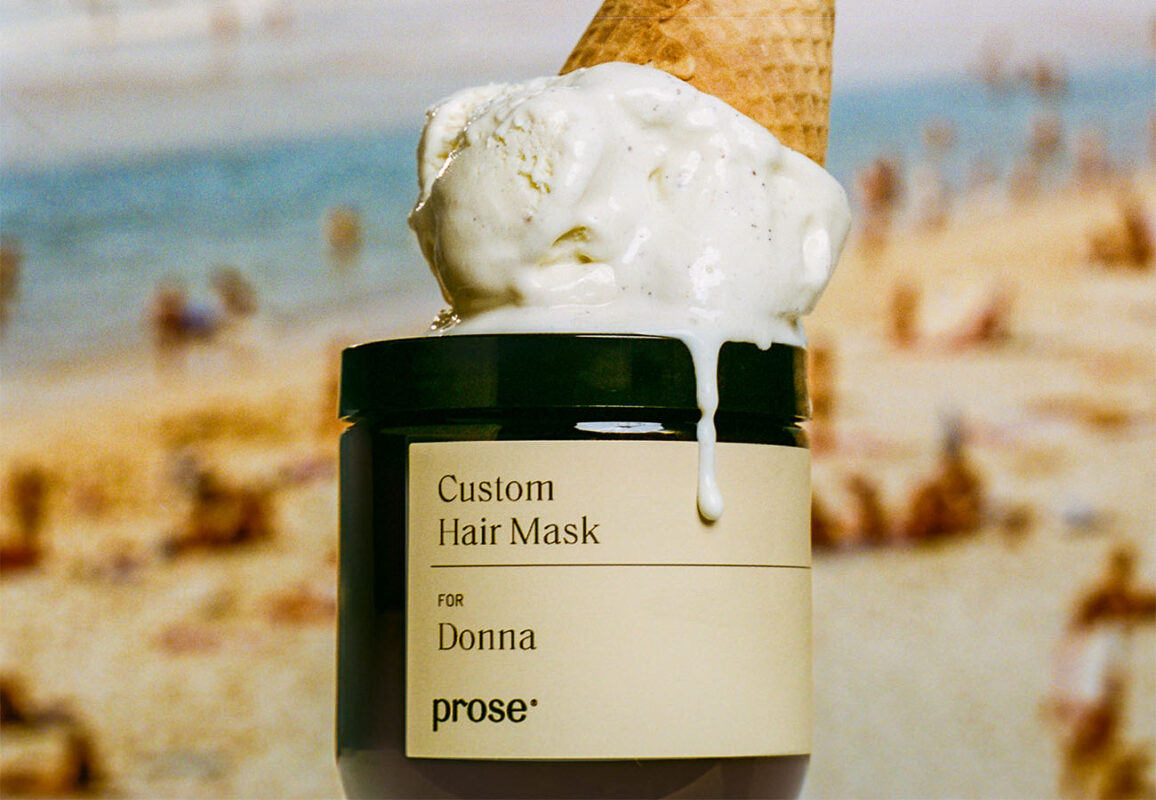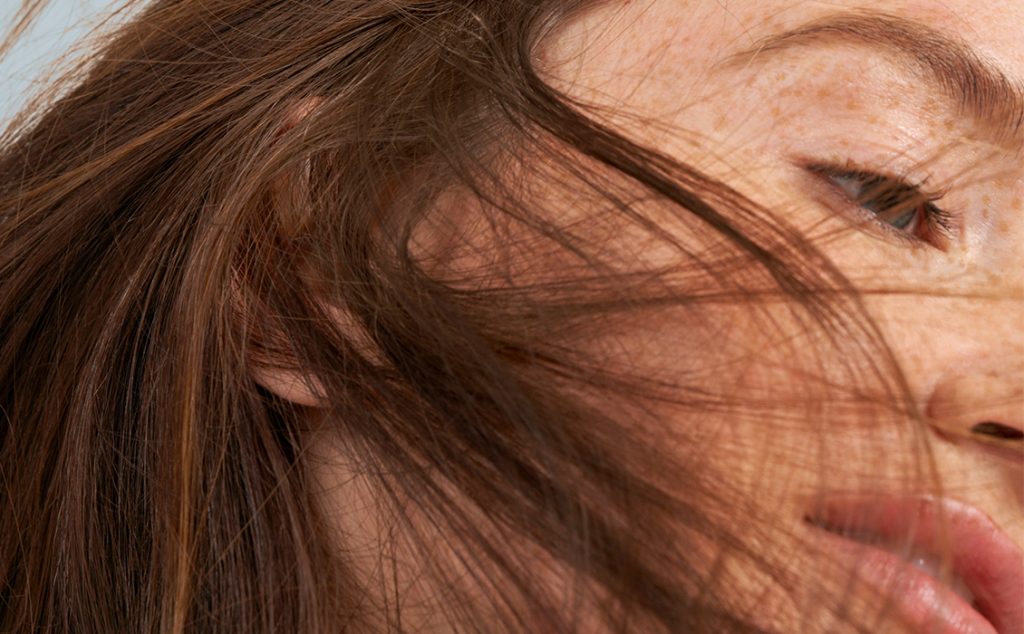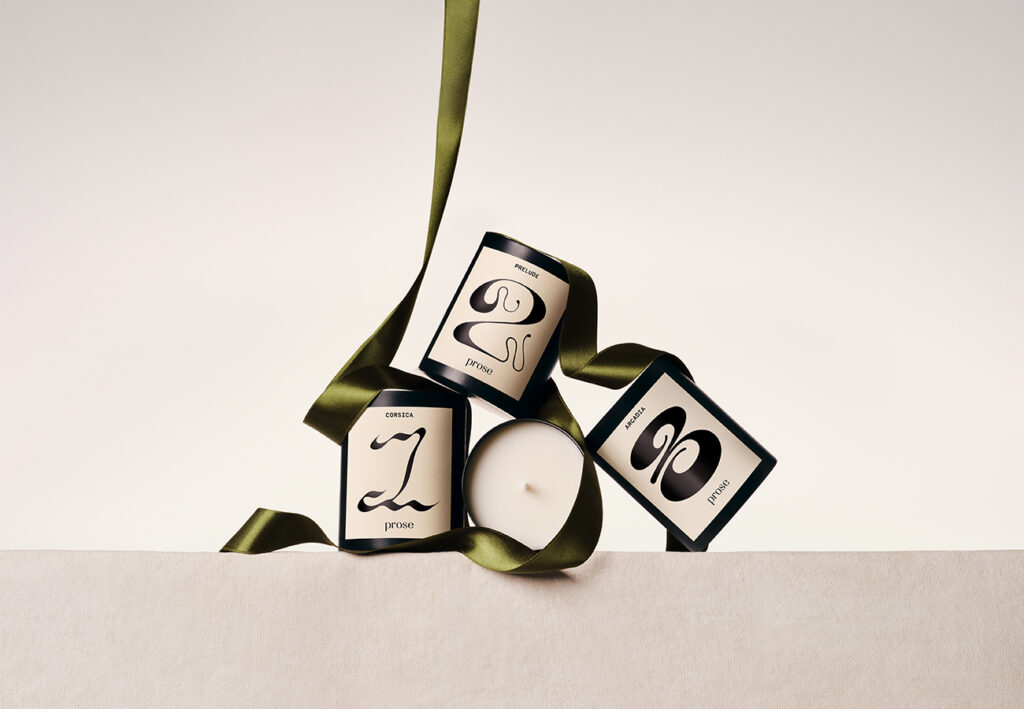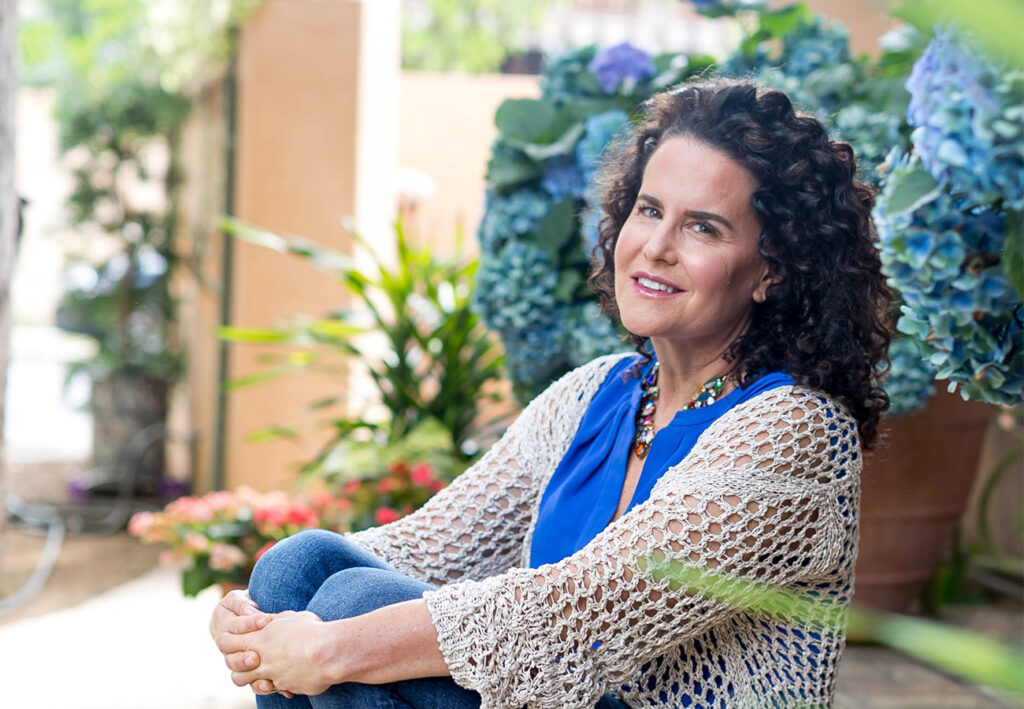These were the days before I had enough money to get my hair blown out professionally at my local Dominican salon. As a result, my hair never seemed to look as silky straight as I wanted. Even just a little bit of humidity left me rocking larger than life curls that I struggled to truly appreciate. It’s probably fair to say that my hair was the cause of some of my most painful insecurities growing up. There were so many things I stopped doing like my swimming classes at the YMCA or engaging in any kind of real athletic activities out of fear of “messing up” my hair. Looking back, I feel sad for little Jo and all the things she missed out on, all because of what society convinced her to believe was beautiful and acceptable. I reluctantly embraced my curls in college out of convenience; I refused to give up my Saturdays just to get a fresh blowout. All through college and my early twenties, I would switch back and forth from natural curls to the occasional blow out. But once I became a journalist the pressure to look a certain way in an industry where I rarely saw Afro-Latinas, or any Black women for that matter, rocking their natural texture reignited the pressure I’d felt as a teen.
What is hair depression?
After just a few years into my career as a reporter my hair was hella heat damaged. It wasn’t until I started to transition to my natural texture and embracing my curls full time, that I truly realized how much my hair really did impact my confidence, self-worth, and even mental health. Clinical psychologist Dr. Afiya Mbilishaka refers to this as “hair depression”.
“Hair depression is similar to any kind of depression in that it results in a major shift in our mood, but in this case it’s related to the status of our hair,” says Dr. Afiya. “When we think about hair depression, that can include feeling stressed about how our hair looks, feeling stressed that we couldn’t get it done.”
Dr. Afiya says that hair depression is something that is particularly relevant for Black women. In fact, it’s what inspired her to create PsychoHairapy, a course where people are schooled in the scientific study of behavior and mental processes as they relate to hair. After receiving her PhD in clinical psychology, Dr. Afiya attended hair school as part of her commitment to center mental health through hair. With the help of her team, she has published over twenty research papers on the topic. PsychoHairapy’s mission is “to connect the community to the mental health support they deserve and desire surrounding their hair care experiences.”
How PsychoHairapy can help
“PsychoHairapy uses hair as an entry point to help people gain access to mental health services. Specifically for Black women, it helps us to recognize that our hair experiences are unique. Hair is a part of our racial identity. We know that people can be discriminated against because of their hair, but there’s also this embedded, internalized criticism that we’ve been socialized to practice related to our own beauty,” she says.
She believes that having stylists trained in PsychoHairapy helps them to truly understand and teach their clients about their own hair, especially in terms of how it’s managed. “Sometimes Black women in particular, force their hair to do things that it doesn’t want to do and as a result there are a lot of consequences both emotionally and physically,” she says. The physical consequences can be anything from damage and burns to a change in curl pattern, and even hair loss. “This is what happens when we’re not caring for our hair in the way that it needs to be cared for,” she says. “It’s so parallel to our mental health that if we’re not caring for our emotional needs, our relationships, and physical health, there will be consequences.”
Hair stylists as healers
Dr. Afiya recognized early on the special relationship folks have with their hair stylist or barber, and that it’s especially sacred between a hair stylist and Black women. We can trust that our hair is being taken care of by someone who truly understands our hair needs. The salon often serves as a safe space where we can be our true and naked selves about everything from hair problems to personal problems. “I think having someone we trust to provide active listening, advice, and support is really good for us because hair is a big part of how we clarify our own identities,” she explains. Understanding this unique relationship is what prompted Dr. Afiya to go on to hair school after receiving her PhD. She felt that placing herself where hair and mental health conversations intersect was crucial.
Finding self-acceptance
While I absolutely love my hair today, the feelings of shame I experienced in my youth over my hair not “behaving” or of having “bad hair” still creep up. I know now that embracing my natural hair, knowing my history, and having the tools, the language, the support, and even the products available today, has helped me come to terms with why I had those feelings in the first place. It’s brought clarity to why my hair consumed so much of my emotional energy growing up and why it deeply impacted my self-esteem. It’s allowed me to do some of the healing that thirteen-year-old me wasn’t able to do. I believe that PsychoHairapy can do that for many folks. It can heal some of those traumas and remind African diasporic communities of our beauty and strength. Hair depression probably won’t go away completely, but understanding and getting to the root of what causes it can make all the difference.
Featured image photography courtesy of Monica Krystel Rose

